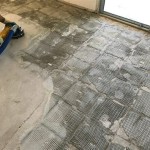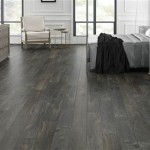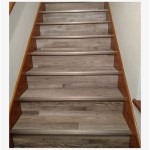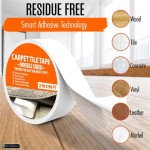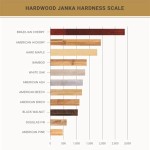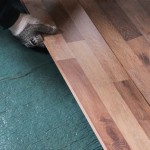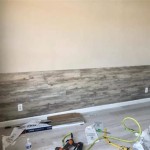Essential Aspects of Hardwood Flooring Adhesive
Hardwood flooring is a timeless and elegant choice for any home, but to ensure its longevity and beauty, proper installation is paramount. Among the crucial elements of hardwood flooring installation is the choice of adhesive. Understanding the benefits of hardwood flooring adhesive and its key aspects is essential for a successful and durable installation.
Benefits of Hardwood Flooring Adhesive
1. Enhanced Stability: Adhesive provides a solid bond between the hardwood planks and the subfloor, minimizing movement and preventing gaps or buckling. This stability ensures that your hardwood floor remains stable and prevents premature wear or damage.
2. Improved Moisture Resistance: Moisture can be a significant threat to hardwood floors, but adhesive acts as a barrier against moisture seeping through the cracks. By sealing gaps, it prevents water damage and extends the life of your hardwood flooring.
3. Reduced Noise: Adhesive dampens vibrations and reduces noise transmission. When planks are firmly adhered to the subfloor, less noise is generated when walking or moving objects on the floor, creating a quieter and more comfortable living space.
4. Easy Application: Most hardwood flooring adhesives are relatively easy to apply using a trowel or roller. With proper preparation and attention to manufacturer's instructions, even DIY enthusiasts can achieve a professional-looking installation.
Key Aspects of Hardwood Flooring Adhesive
1. Type of Adhesive: There are two main types of hardwood flooring adhesives: water-based and solvent-based. Water-based adhesives are more environmentally friendly and less likely to cause odor, while solvent-based adhesives offer stronger bonds. Choose the best option based on your specific requirements and preferences.
2. Viscosity: Viscosity refers to the thickness and flowability of the adhesive. Adhesives with higher viscosity are more viscous and can be difficult to spread, while lower viscosity adhesives are easier to apply. Consider the surface area to be covered and the ease of application when choosing the viscosity.
3. Cure Time: The cure time refers to the time it takes for the adhesive to fully dry and reach its maximum strength. Adhesives with shorter cure times are suitable for projects that require a quick installation, while longer cure times may be necessary for thicker or heavier planks.
4. Coverage: Coverage is measured in square feet per gallon and indicates the amount of surface area that can be covered with a single gallon of adhesive. Determine the square footage of your flooring project and choose an adhesive that provides adequate coverage to avoid running out prematurely.
5. Warranty: Consider the warranty offered by the adhesive manufacturer. A longer warranty provides peace of mind and ensures that you are protected against any potential defects or failures of the adhesive.
Conclusion
Choosing the right hardwood flooring adhesive is essential for a successful and durable installation that will enhance the beauty and longevity of your hardwood flooring. By understanding the benefits of adhesive, considering its key aspects, and choosing a high-quality product, you can ensure a floor that meets your expectations and provides years of enjoyment.

What Is Flexible Flooring Adhesive Ambience Hardwood

Hardwood Floor Adhesive Wall And Bostik Global

Why Consider Glue Down Wood Flooring And Beyond Blog

All About Flooring Adhesives Chemistries And S Floor Trends Installation

Hardwood Flooring Adhesives So Many Variables And Options Know What S Right 2024 06 18 Floor Trends Installation

Best Adhesive For Hardwood Parquet Flooring Over Plywood Sfk

Sticking Through Time 100 Years Of Flooring Adhesive Evolution To Now Rw Supply Design

Can You Glue Down Solid Wood Flooring Hardwood Guide Reallyfloors America S Est

Wood Adhesives Hardwood Adhesive Bostik

Sticking Through Time 100 Years Of Flooring Adhesive Evolution To Now Rw Supply Design
See Also
